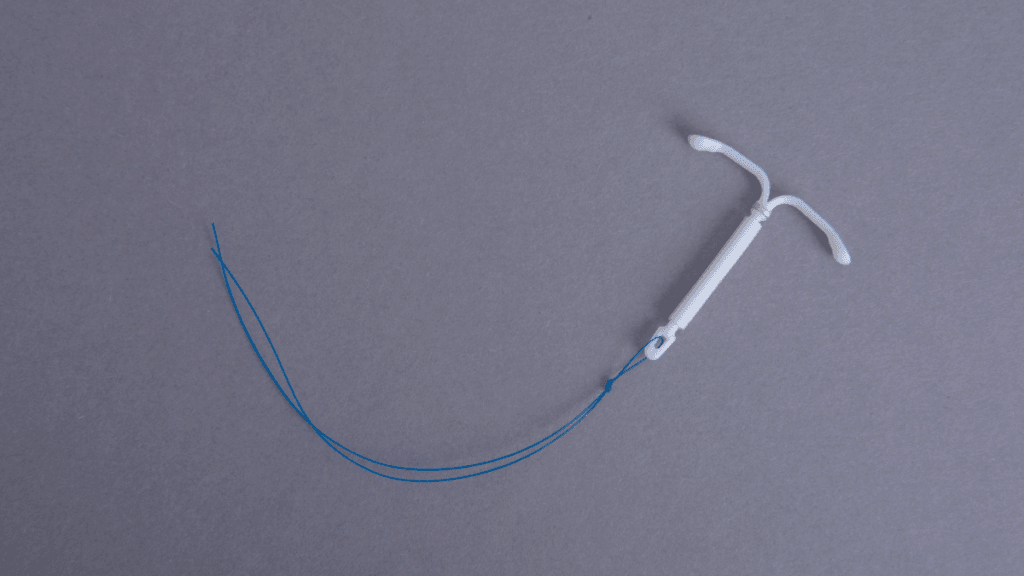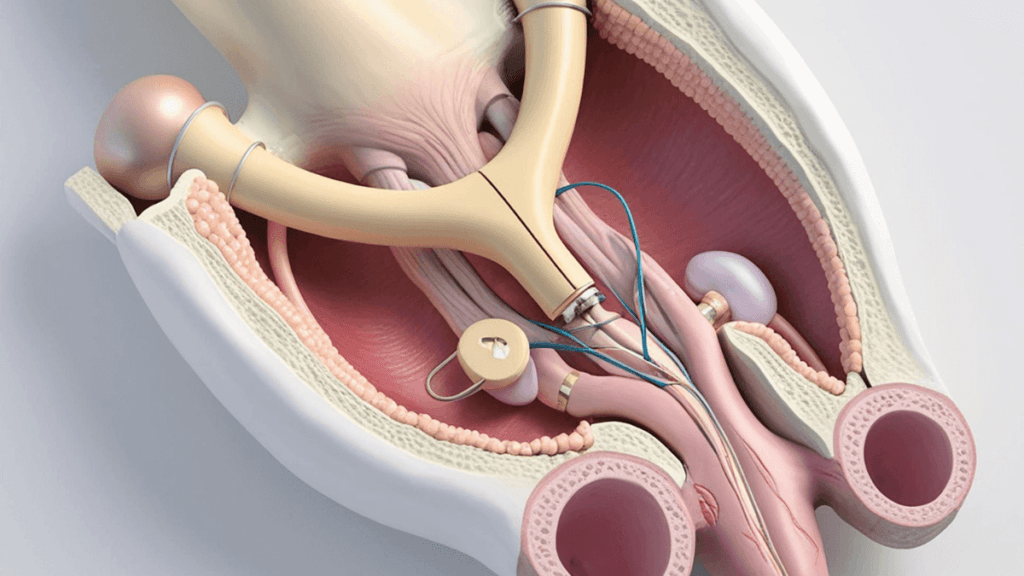Choosing the right birth control method is an important decision for anyone who wants to take control of their reproductive health. With so many options available, from birth control pills to long-term solutions like IUDs, understanding what works best for you can be overwhelming.
In South Africa, contraceptive options have become more accessible thanks to both public and private healthcare systems. However, with increased choices, comes the need to be well-informed.
Whether you’re considering short-term contraception or a more permanent method, choosing the right contraceptive method is crucial for your peace of mind and well-being. This guide will help you explore the available options and guide you toward making the right decision for your health and lifestyle.
What Is Contraception?
Contraception refers to the use of various methods or devices to prevent pregnancy. The right contraceptive method for you will depend on several factors, such as your health, lifestyle, and family planning goals.
Each method works differently to prevent pregnancy—some block sperm from reaching the egg, while others prevent ovulation or change the uterine lining to prevent fertilization.
Types of Birth Control Methods
When looking for the right contraceptive method, it’s important to know the variety of options available. These methods fall into several categories:
1. Barrier Methods
Barrier methods prevent sperm from reaching the egg. The most common types are:
- Male Condoms: Worn over the penis during sex, they provide a barrier that prevents sperm from entering the vagina.
- Female Condoms: Inserted into the vagina before intercourse, offering the same barrier as male condoms.
- Diaphragms: A small, dome-shaped device that covers the cervix to block sperm from entering the uterus.
Advantages: Barrier methods are widely available and offer protection against sexually transmitted infections (STIs). If you’re looking for the right contraceptive method and want something non-hormonal, this could be an option.
Disadvantages: These methods must be used correctly every time to be effective, and they may interrupt the spontaneity of sex.

2. Hormonal Methods
Hormonal contraceptives regulate hormones in the body to prevent pregnancy. They include:
- Birth Control Pills: Taken daily, they prevent ovulation and thicken cervical mucus to block sperm.
- Contraceptive Patch: A patch applied to the skin that releases hormones for three weeks, followed by a patch-free week.
- Injectable Contraceptive: An injection that releases hormones, typically lasting for three months.
Advantages: Highly effective when used consistently and can regulate menstrual cycles, which is why many people consider it the right contraceptive method for them.
Disadvantages: Hormonal methods may cause side effects like mood swings, weight changes, or headaches. They also do not protect against STIs.

3. Intrauterine Devices (IUDs)
IUDs are small, T-shaped devices inserted into the uterus. There are two main types:
- Hormonal IUD: Releases progestin to prevent pregnancy and can last up to 5 years.
- Copper IUD: Non-hormonal, uses copper to prevent sperm from fertilizing an egg and can last up to 10 years.
Advantages: Long-lasting, low-maintenance, and extremely effective. Many consider IUDs the right contraceptive method for long-term birth control.
Disadvantages: IUDs need to be inserted by a healthcare professional and may cause discomfort during insertion. They do not protect against STIs.

4. Emergency Contraception
Emergency contraception is a backup option used after unprotected sex or contraceptive failure:
- Morning-After Pill: Must be taken within 72 hours of unprotected sex.
- Copper IUD: Can also be used as emergency contraception if inserted within 5 days after unprotected sex.
Advantages: Provides a safety net in case of contraceptive failure or unprotected sex. While it’s not intended for regular use, it can be the right contraceptive method in emergency situations.
Disadvantages: Emergency contraception is less effective than regular methods and should not be relied upon as a primary form of birth control.

5. Permanent Methods
Permanent contraceptive methods are for individuals or couples who are certain they do not want any more children:
- Tubal Ligation: A surgical procedure for women where the fallopian tubes are cut or blocked.
- Vasectomy: A surgical procedure for men that prevents sperm from entering the semen.
Advantages: Permanent and highly effective, making it the right contraceptive method for those who are sure they don’t want children in the future.
Disadvantages: These methods are irreversible in most cases and do not protect against STIs.

How to Choose the Right Contraceptive Method for You
Now that you know the options, how do you go about choosing the right contraceptive method? Here are key factors to consider:
1. Effectiveness
Different methods have different levels of effectiveness. If pregnancy prevention is your top priority, methods like IUDs or hormonal contraceptives tend to be more effective. On the other hand, barrier methods like condoms are slightly less effective but still offer protection against STIs.
2. Convenience
Some contraceptives, like birth control pills, require daily attention, while others, like IUDs, can last for several years. Consider how much attention you’re willing to give to contraception when deciding on the right contraceptive method for you.
3. Side Effects
Hormonal methods can cause side effects, such as weight gain, mood swings, or headaches. If you prefer a non-hormonal option, barrier methods or a copper IUD may be a better choice. Consider how your body reacts to hormones when choosing the right contraceptive method.
4. STI Protection
Only barrier methods like condoms provide protection against sexually transmitted infections. If STI prevention is important to you, consider using condoms along with another form of contraception.
5. Cost and Accessibility
Contraceptive methods vary in cost. In South Africa, many contraceptives are available for free through public healthcare services, including birth control pills, condoms, and IUDs. Private healthcare providers may offer additional options at a cost. Factor in your budget and access to healthcare services when choosing the right contraceptive method.
Related Content: HIV/AIDS: Understanding the Various Ways of Transmission Beyond Sexual Contact
Frequently Asked Questions
Q: Can I switch contraceptive methods if one doesn’t work for me?
A: Yes! It’s common to try different contraceptive methods to find the right contraceptive method for your needs. Speak to your healthcare provider if you’re experiencing side effects or if your circumstances change.
Q: How do I know if a contraceptive method is right for me?
A: The right contraceptive method should fit your lifestyle, health conditions, and reproductive goals. If you’re unsure, a healthcare provider can help you weigh the pros and cons of each option.
Q: Can I use more than one contraceptive method?
A: Yes. Many people choose to use condoms along with another contraceptive method for added protection against both pregnancy and STIs.
Q: What if I want to get pregnant in the future?
A: If you plan to have children in the future, opt for a temporary method like birth control pills or an IUD. Permanent methods like sterilization are for those who are sure they don’t want more children.
Related: The Dangers of Drinking Alcohol During Pregnancy
Choosing the right contraceptive method is a personal decision that should take into account your health, lifestyle, and future goals. Whether you prefer a short-term solution like condoms or pills, or a long-term option like an IUD, it’s essential to find what works best for you.
Take your time to explore your options, consult with a healthcare provider, and make the decision that gives you confidence and peace of mind.










